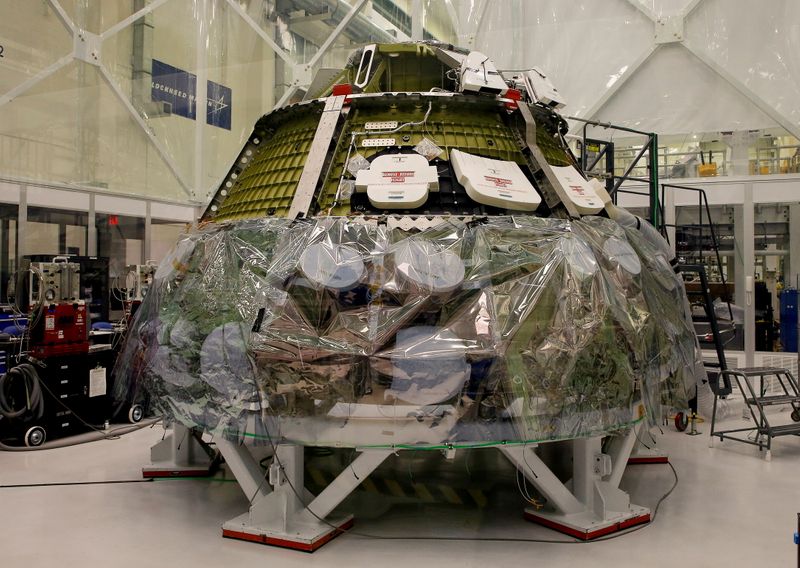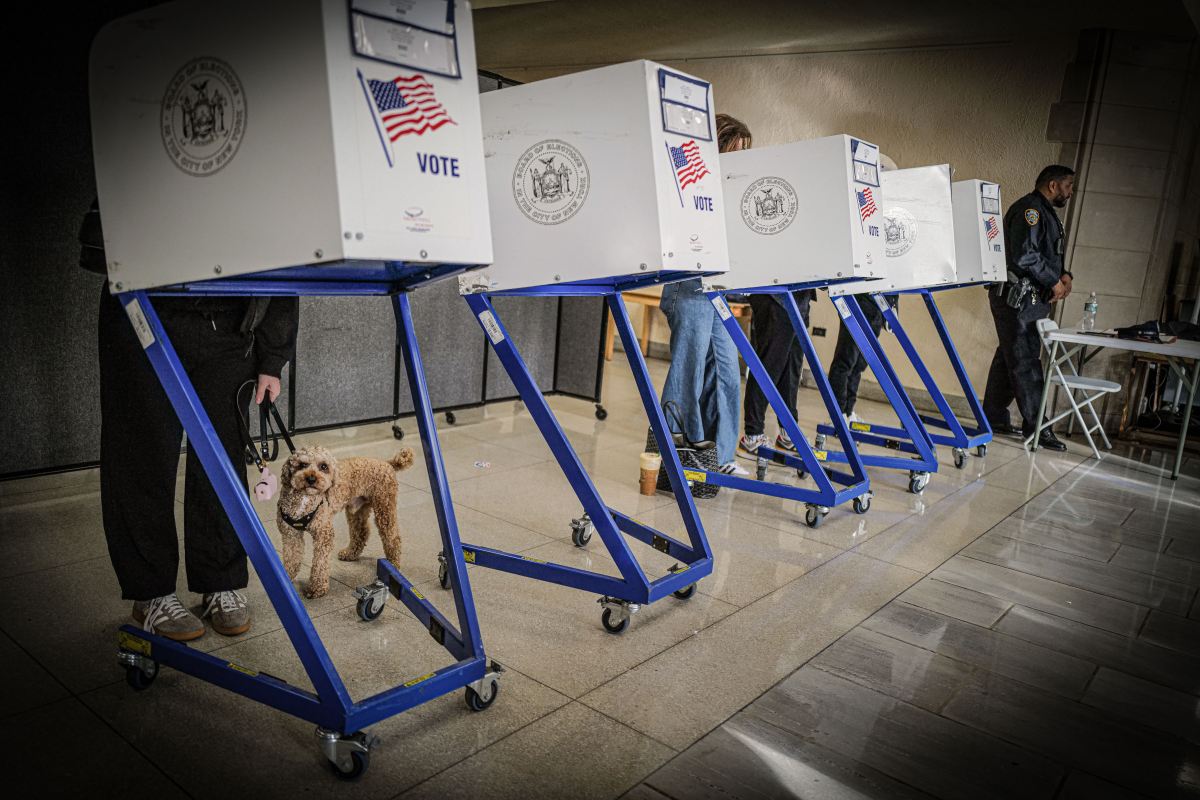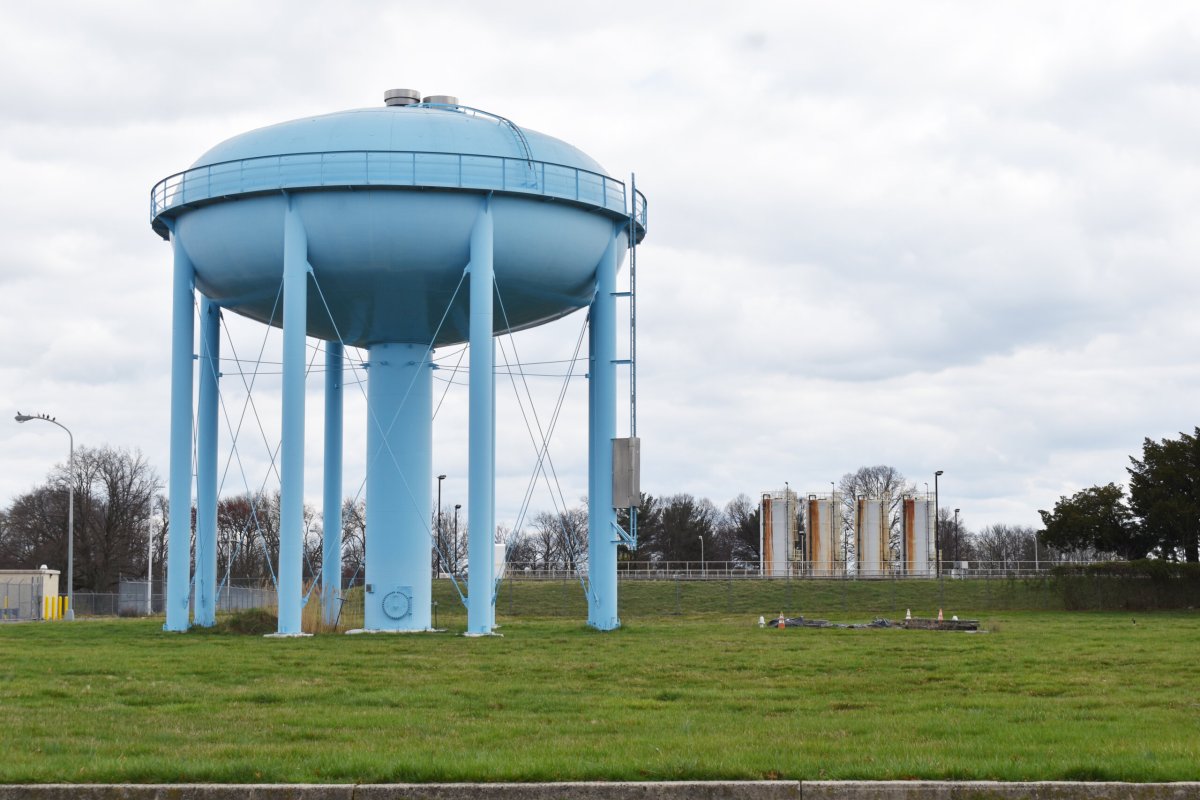By David Shepardson
WASHINGTON (Reuters) -A U.S. government watchdog on Monday said NASA failed to accurately estimate the cost of returning astronauts to the moon and forecast the space agency would not likely complete the mission until “2026 at the earliest.”
Last week NASA extended its target date to 2025 at the earliest in its Artemis program, an initiative launched by former President Donald Trump’s administration with an initial goal of returning humans to the lunar surface by 2024.
NASA’s inspector general said it found NASA “lacks a comprehensive and accurate cost estimate that accounts for all Artemis program costs.” Artemis is meant as a stepping stone toward a greater objective of sending astronauts to Mars.
The report found NASA uses a rough estimate for the first three missions “that excludes $25 billion for key activities related to planned missions beyond Artemis III.”
It said NASA must identify ways to reduce costs. It said NASA was likely to spend $93 billion on the program through 2025 and faced a $4.1 billion cost-per-launch for at least its first four Artemis missions.
In a written response NASA said it had restructured its Human Exploration and Operations Mission Directorate organization to ensure effective management and that it agreed it should look for “measurable cost reduction targets” for its Exploration Systems Development.
NASA Administrator Bill Nelson cited delays from legal wrangling https://www.reuters.com/technology/us-judge-rejects-blue-origin-challenge-nasas-pick-spacex-moon-lander-2021-11-04 over a contract with Elon Musk’s SpaceX to build the Artemis lunar landing vehicle as a major reason for extending the target date.
A federal judge on Nov. 4 rejected a lawsuit by Jeff Bezos’ space company Blue Origin against the U.S. government challenging NASA’s decision to award a $2.9 billion lunar lander contract to SpaceX.
As additional reasons for extending the target date, Nelson cited Congress for having approved too little money for the program and the Trump administration for having set a 2024 target that was not feasible.
(Reporting by David Shepardson; Editing by Howard Goller)






















